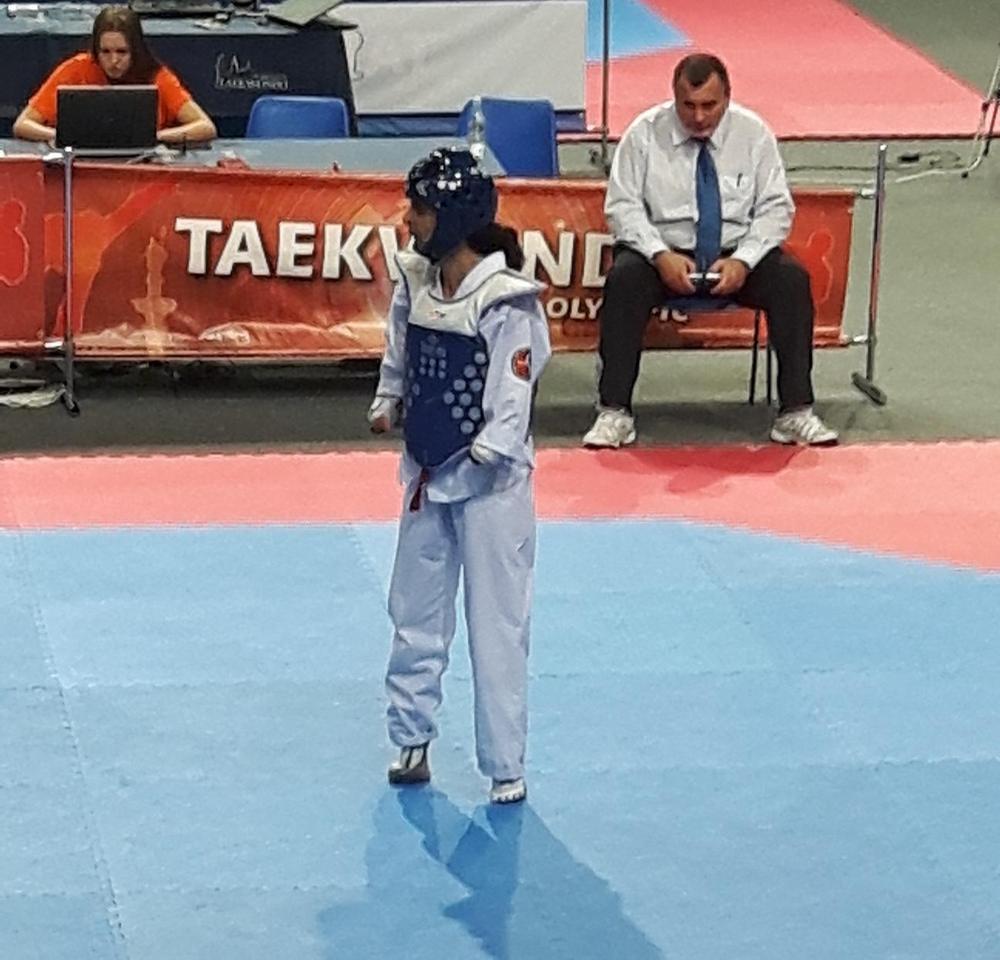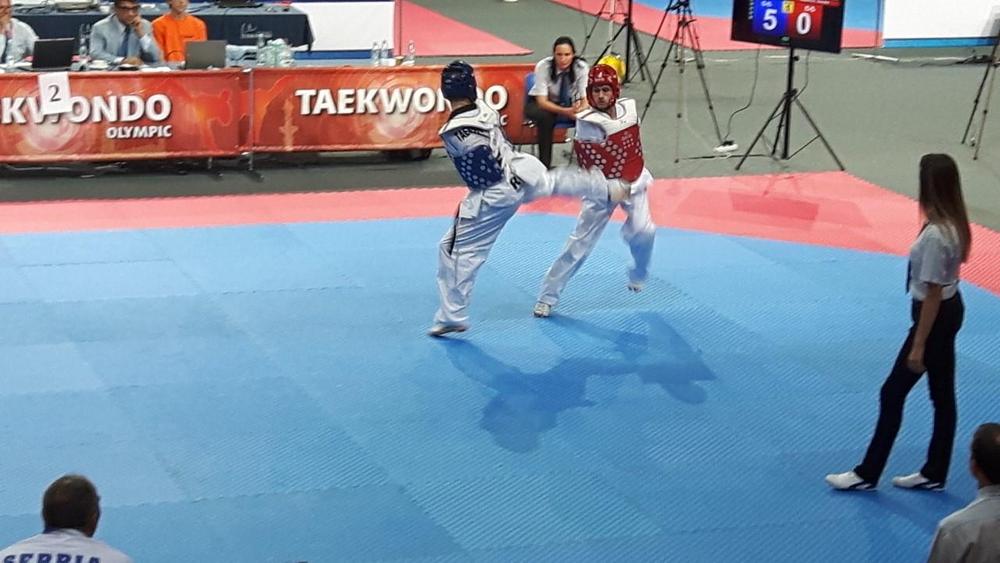
World Taekwondo Pursues Para-athletes' Interests
“Taekwondo clubs should be open to everyone,” states Chakir Chelbat, Chair of the Para Taekwondo Committee.
Text: Tiiu Tuomi
Translation: Tuomas Iivanainen / Translation Service Kielitie
Published 10th February 2021
Including Para Taekwondo in the Tokyo Paralympic Games was by no means self-evident. World Taekwondo (WT) has worked for years to enable Para Taekwondo athletes to participate in the highest-level sporting competitions in both sparring and patterns. Last year, WT published a new Para Taekwondo training programme to support clubs, athletes and coaches. Finnish referees have acquired the required training in advance to be prepared for Para Taekwondo competitions.
In 2005, WT established the Para Taekwondo Committee in an effort to develop and promote Taekwondo for para-athletes. At first, Para Taekwondo focused on developing sparring. The first WT World Para Taekwondo Championships was held in Baku, Azerbaijan, in 2009. Since then, an additional five Championships have been held, most recently in Turkey in 2019.
In 2013, WT established the Para Taekwondo Development Task Force. Following their recommendations, the decision was made to extend competitive Para Taekwondo to patterns, enabling athletes of all disabilities to compete on the level of World Championships. Initially, Para Taekwondo patterns competitions had sport classes for athletes with physical impairments or intellectual disabilities. Patterns competition for para-athletes was introduced in Moscow in 2014.
In 2015, Taekwondo sparring was selected as an official Paralympic sport for the Tokyo 2020 Games. WT introduced World Ranking for Para Taekwondo athletes in March 2020. Currently, the number of athletes on the list is 571 which demonstrates the rapid development of Para Taekwondo.
Two committees were appointed in 2017: the Para Taekwondo Committee and the Classification Committee. Both of the committees endeavour to expand Para Taekwondo further by including sport classes for patterns competition in the 2021 Games for visually or aurally impaired athletes, short-statured athletes and athletes confined to a wheelchair.
Taekwondo sparring is included also on the Paris 2024 Paralympic sports programme.
Separate Para Taekwondo categories have not yet been introduced in Finnish sparring and patterns competitions. Consequently, international para-athlete Matti Sairanen from the Taekwondourheilijat 2011 club competes in the general sparring category in Finnish competitions.
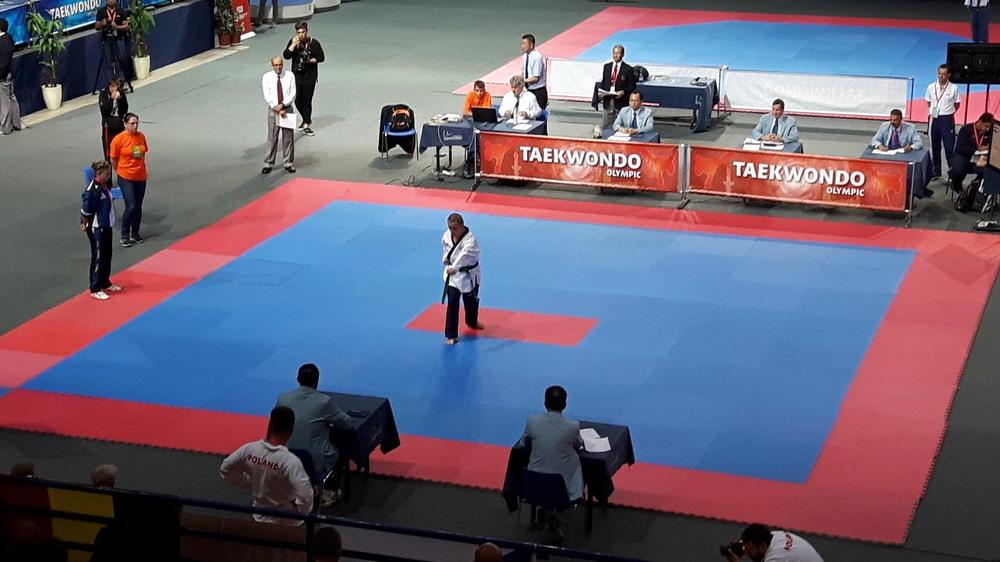
Trainings increase awareness on Para Taekwondo throughout the world
The WT Para Taekwondo Committee published a new training programme last year. Its objective is to increase awareness on Para Taekwondo and to support, help and educate athletes, clubs, coaches and belt test organisers.
The first training events, including education on coaching and classification, were organised last year via remote connections. As part of the new training programme, training courses for all levels will be initiated over the course of the spring.
According to Chakir Chelbat, Chair of the Para Taekwondo Committee, the reception of the new training programme has been positive across the world. Over 150 people participated in the two workshops organised for WT member organisations in late 2020 and early 2021. The aim of the workshops was to spread awareness and to encourage the member organisations to promote Para Taekwondo in their countries.
The reception of Para Taekwondo coaching trainings has been very positive as well. Chelbat says that the Level 1 coach certification course has been completed by more than 310 coaches and the Level 2 course by more than 170 coaches already. In addition, classification courses have been organised via remote connections. The trainings increased the number of member organisations’ trained classifiers to 49. The next trainings are aimed at belt test organisers and clubs.
“The purpose of these trainings is to increase awareness on Para Taekwondo in member organisations and their countries. WT helps and supports clubs and athletes on all levels,” Chelbat says.
Chelbat and his team have noticed that the interest towards online trainings is high as they do not require travel or cause remarkable costs. This makes them an effortless method to increase awareness and enables easier access to information to member organisations and their members.
Chelbat encourages all Finnish clubs to welcome new Taekwondo enthusiasts. “Knowledge is power. Study and increase awareness in clubs,” he advises.
“Each athlete is important. Clubs’ competition and training culture should be steered towards a more tolerant direction. Taekwondo clubs should be open to everyone regardless of their capacity to compete.”
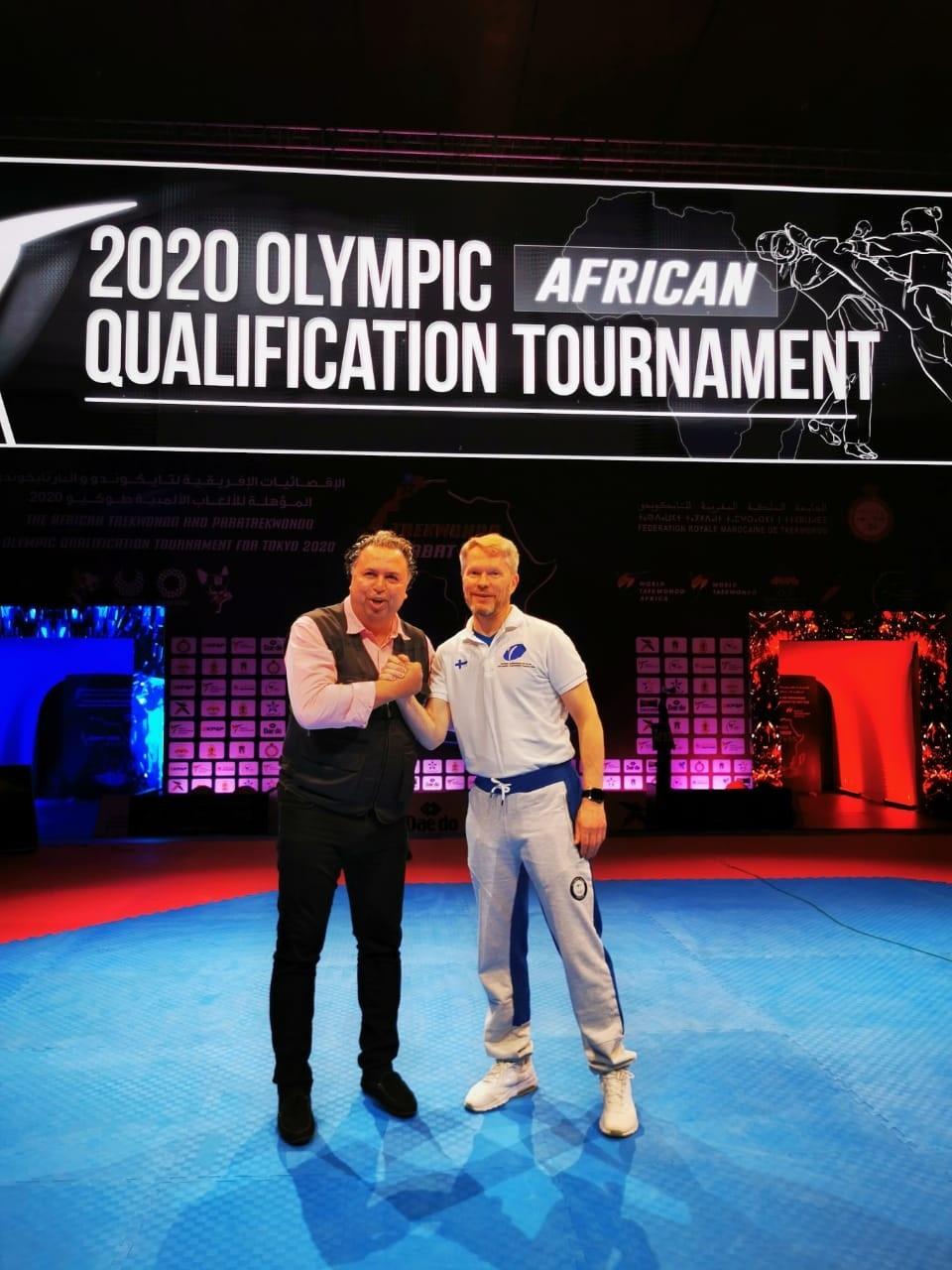
Know-how in Finland
Kari Sirviö, President of the Finnish Taekwondo Federation, is an experienced International Referee (IR) whose career as a referee began in 2000. He graduated as an International Referee after completing the IR course organised in Las Vegas in 2009. Sirviö completed the international Para Taekwondo referee course held in Sweden in 2018 with referees Shurooq Bagelanee, Ari Lindroos, Juha Reijasto and Eero Sahakoski. In 2019, Sirviö acted as referee in the WT World Para Taekwondo Championships in Turkey and the European Para Taekwondo Championships in Italy.
Sirviö and Bagelanee were invited to the Moscow international referee selection and training camp for the Tokyo Paralympic Games, and Sirviö was selected among the top 50 referees for Tokyo.
In September 2019, Sirviö acted as referee in the Olympic Games test event. In February 2020, right before the COVID-19 outbreak, he refereed in Africa’s Paralympic Games qualification tournament which also served as a referee selection event for the Paralympic Games. Due to the pandemic, some of the continental qualification tournaments are yet to be held, and, consequently, the final referee selection is still incomplete.
Similarly to travelling, refereeing activities are on hold as a result of the pandemic. Nevertheless, Sirviö increased his competence by participating in WT’s Para Taekwondo workshops and coaching trainings (Levels 1 and 2) in 2020.
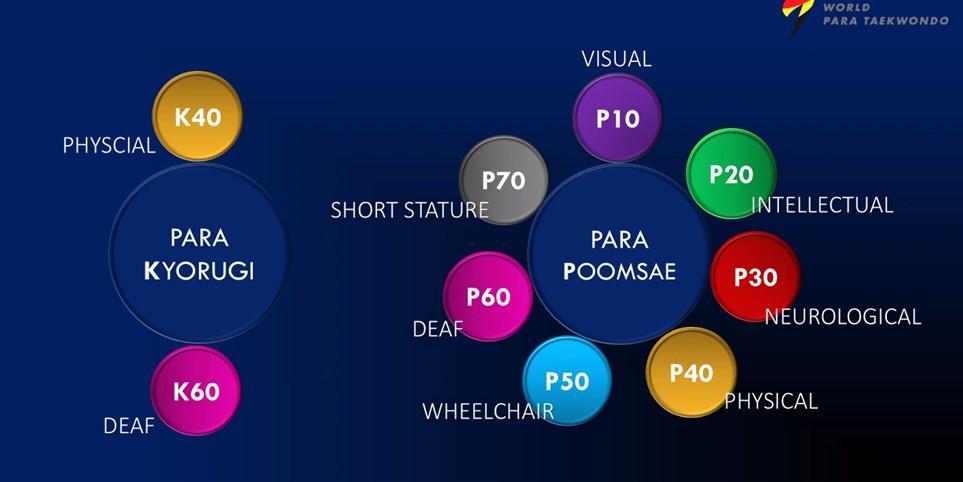
Facts on Para Taekwondo
- Para Taekwondo competitions are held in both sparring and patterns. Para Taekwondo athletes are physically, visually, aurally or intellectually impaired or disabled.
- Para Taekwondo sparring includes four sport classes focusing on upper limb impairments and disabilities. Of these classes, K41 is for the most severe impairments and K44 for the mildest. Competitions are held for aurally impaired athletes as well.
- Para Taekwondo patterns competitions have separate sport classes for intellectually disabled, visually and aurally impaired and short-statured athletes as well as athletes confined to a wheelchair.
- In para sports, competitors are classified in sport classes in compliance with established regulations.
Applied Taekwondo for enthusiasts
- The Finnish Taekwondo Federation’s applied Taekwondo involves Taekwondo activities offered to special groups by the Federation’s member organisations on a regular basis. In addition, the Federation and its member organisations organise camps and other events aimed at special groups.
- Applied Taekwondo is suitable for taekwondo enthusiasts who are unable to participate in general training groups for any reason. These may include, for example, neurological or physical impairments and intellectual disabilities.
The first member organisation of the Finnish Taekwondo Federation to establish an applied Taekwondo group was Malmin Taekwondo in the mid-2010s. Nowadays applied taekwondo can be practiced also in the clubs HNMKY Taekwondo and Länkyn Taekwondo.
